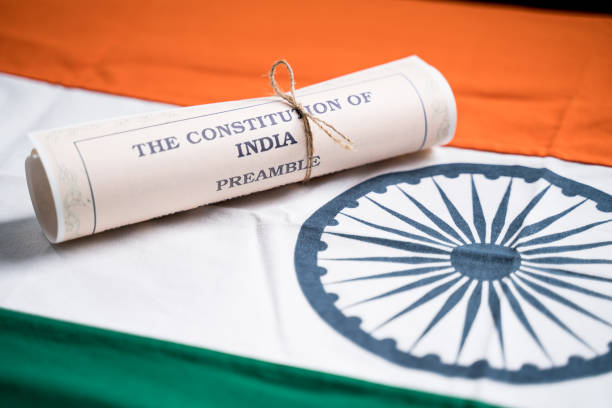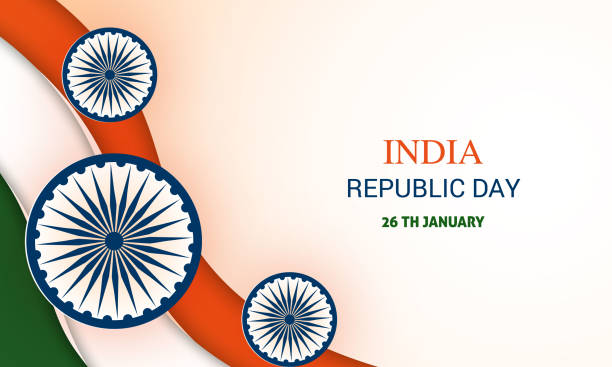Here are some key facts about the Indian Constitution:-
1. Lengthy Constitution:- Indian Constitution is one of the longest written constitutions in the world. It has a preamble and 470 articles as well as additional schedules and amendments.
2. Preamble:- The Preamble of Indian Constitution outlines aims and aspirations of Indian people and serves as guiding light for the Constitution.
3. Adopted on Republic Day:- The Constitution of India was adopted on 26 January in 1950, which is celebrated as Republic Day in India.
4. Borrowed from Various Sources:- Indian Constitution drew inspiration from various sources including Constitution of United States, Constitution of United Kingdom and several other countries.
5. Dr. B.R. Ambedkar:- Dr. B.R. Ambedkar an eminent jurist and social reformer chaired the drafting committee of Indian Constitution. He played a pivotal role in its formation.
6. Federal System:- India has a federal system of government which means there are powers and responsibilities divided between the central (Union) government and state governments.
7. Secular State:- Indian Constitution declares India to be a secular state ensuring the separation of religion from state.
8. Fundamental Rights:- Part-III of Constitution contains Fundamental Rights that guarantee individual liberties and equality before law.
9. Directive Principles:- Part- IV of the Constitution contains Directive Principles of State Policy. It provide guidelines for the government to promote social and economic justice.
10. Universal Adult Suffrage:- The Constitution grants the right to vote to all adult citizens, regardless of gender, caste, religion or social status.
11. Quota for Scheduled Castes and Scheduled Tribes:- To address historical injustices, the Constitution provides for reserved seats in legislatures and government jobs for Scheduled Castes and Scheduled Tribes.
12. Emergency Provisions:- The Constitution allows for declaration of 3 types of emergencies national, state and financial under specific circumstances.
13. Amendment Procedure:- The Constitution can be amended, but certain fundamental features require a special majority in Parliament and ratification by states.
14. Parliamentary System:- India follows a parliamentary system of government with the President as the ceremonial head of state and the Prime Minister as the head of government.
15. Independent Judiciary:- The Constitution establishes an independent judiciary with Supreme Court at the apex, which has the power of judicial review.
16. Official Languages:- Hindi and English are official languages of Indian Union, while states can choose their own official languages.
17. Equality of All Citizens:- The Constitution guarantees equality to all citizens and prohibits discrimination on the grounds of religion, race, caste, sex or place of birth.
18. Social Justice:- The Constitution aims at achieving social justice by promoting the welfare of the weaker sections of society.
19. Freedom of Speech and Expression:- Citizens have right to freedom of speech and expression, subject to reasonable restrictions.
20. Abolition of Untouchability:- The Constitution explicitly abolishes untouchability and prohibits its practice in any form.
21. Reservations in Education and Employment:- The Constitution allows for reservations in educational institutions and government jobs for socially and educationally backward classes.
22. Amendment Records:- Last knowledge update in September 2021, Indian Constitution has been amended over 100 times to accommodate changes and address emerging issues.
Please note that there may have been further amendments or developments in Indian constitutional law since last update in September 2021.




